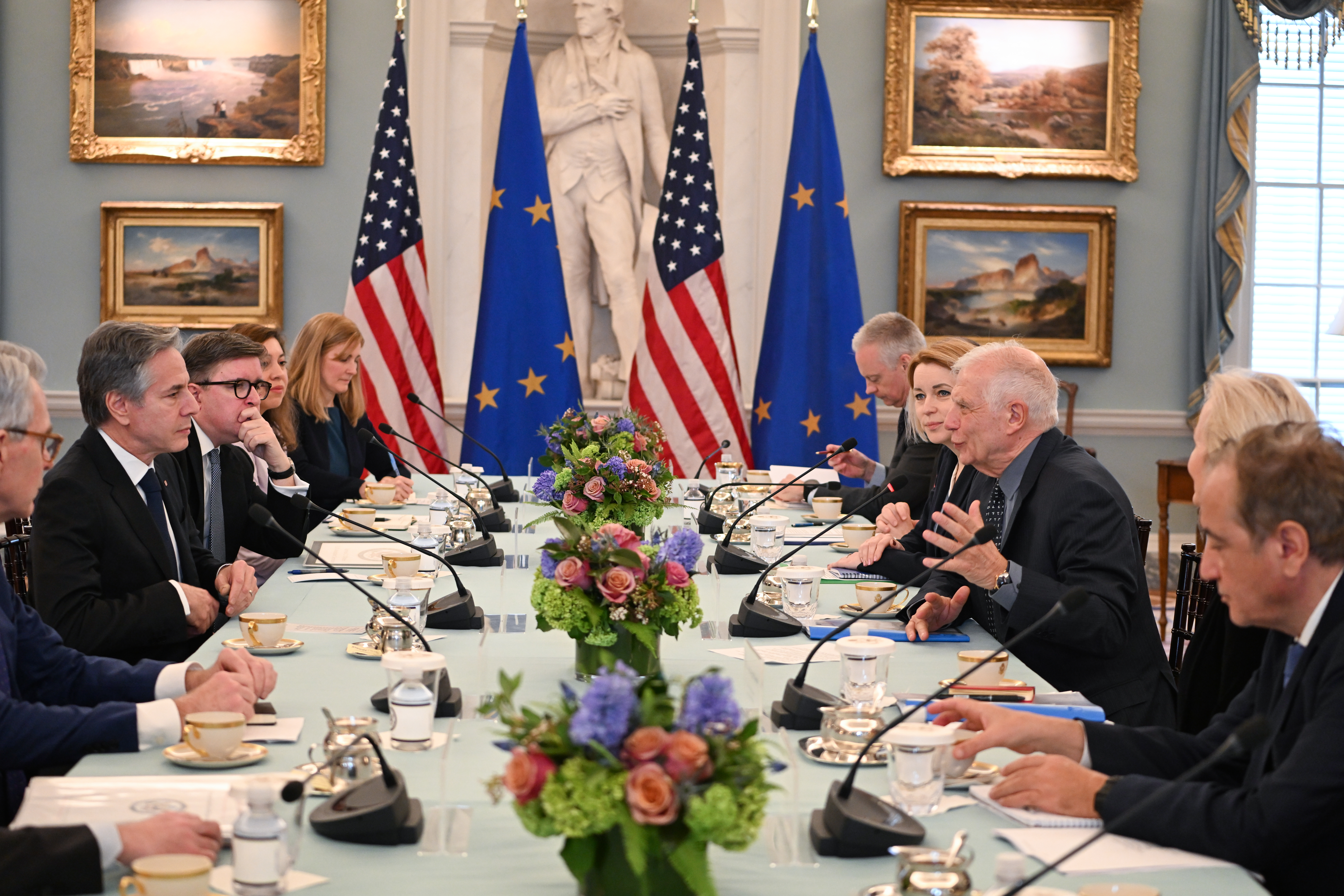
Deal on US subsidies for European EVs stranded (again)

With no deal reached, the presidential elections become a factor in the negotiations. /European Council
Officials failed to reach on agreement on EV subsidies for cars exported from the EU to the US. The recent negotiations were considered a la


Comments
Ready to join the conversation?
You must be an active subscriber to leave a comment.
Subscribe Today